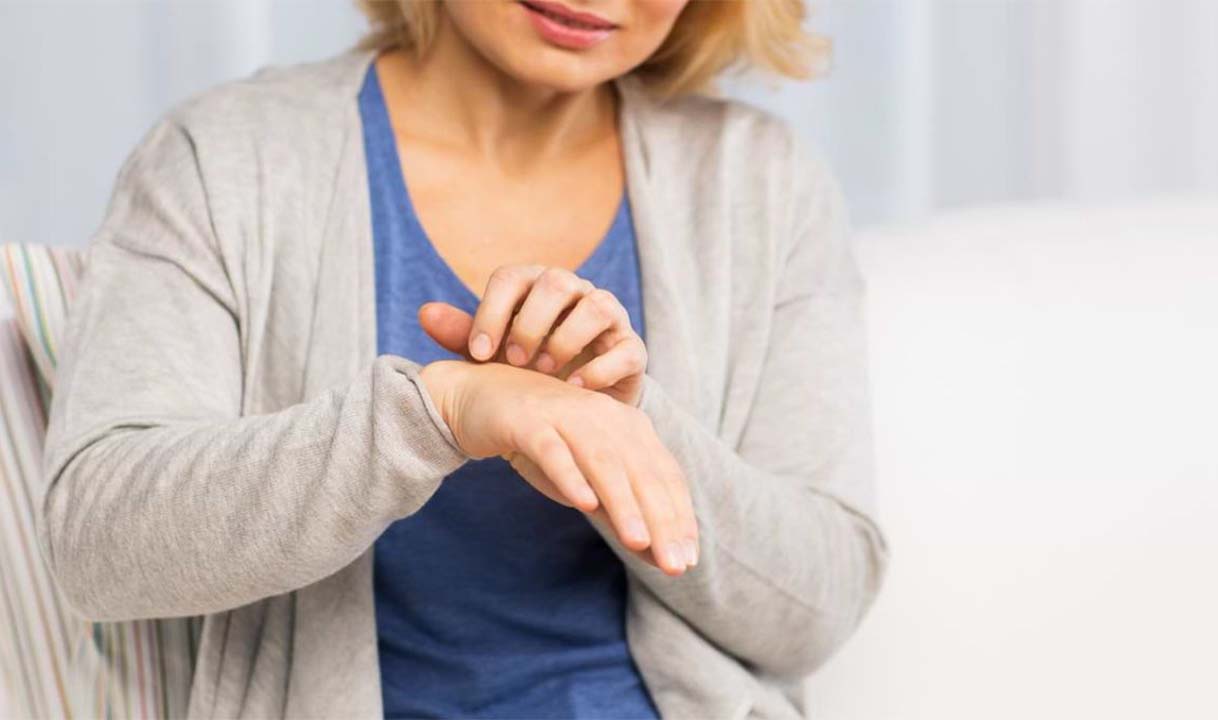Varicose veins, one of the most common conditions among aging people, can cause the veins to itch. The skin closer to your lower calf and ankle is likelier to experience this itching. Varicose veins may not only itch but also make your legs feel heavier, making it difficult for you to walk. This itching causes extreme discomfort, so they wonder, ‘Why do my varicose veins itch?’ This article will guide you to learn the causes of itching varicose veins and how to cater to them.
Why do my varicose veins itch?
A variety of factors can combine to cause your varicose veins to itch. A few reasons causing it can be quoted as follows
-
Poor Blood circulation
Varicose veins are mostly associated with compromised blood circulation. This restriction of blood leads to fluid being built up in the surrounding tissues. The accumulation of this fluid causes itching.
-
Changes in skin
The skin around the varicose veins dries up, becomes discolored, and may develop a condition known as venous eczema over time. These changes make your skin more prone to itching.
-
Inflammation
Varicose veins usually lead to inflammation. The inflammation in these affected areas will stimulate the nerve endings, causing them to itch.
-
Venous insufficiency
When your body cannot return the blood from your legs to your heart, it is called venous insufficiency. This condition causes discomfort and itching while sitting for extended periods or standing for too long.
-
Skin stretching
The enlarging varicose veins put pressure on your skin, causing your skin and the underlying tissues to stretch. This causes itching.
-
Remedies
Experiencing itchy veins due to these reasons? Well, you don’t have to keep feeling uncomfortable. Several remedies can help with the itchy varicose veins. Creams that act like moisturizers will help heal the skin and cause it to itch less.
-
Compression Stockings
This should be thought of at the very beginning because treating the symptoms is not very helpful, but you have to break the cycle of daily swelling causing the itching. A compression stocking will give cracked and stretched skin an opportunity to heal.
-
Elevating your leg
It would help if you made it a part of your routine to elevate your legs at the end of your day. This practice will help revert the blood pooling in your lower legs. This will also help stretch the skin contributing to the itching.
-
Movement and exercise
Keeping your body moving will help your veins to function better. If a person with varicose veins doesn’t exercise, they will experience swelling in their legs and feet. Exercising will not only help with itching but will also improve your body’s blood circulation.
Vein treatment
When these basic remedies do not work for you, you should consider getting a vein treatment. This is a great option to reduce the itching on the skin of your legs caused by varicose veins. The treatment will reduce inflammation, irritation, and all other symptoms associated with varicose veins. This option will cause a dramatic improvement in the condition of your veins and legs. The skin will finally start to heal, eliminating itching.
Speaking with a healthcare provider if you have severe or chronic itching around your varicose veins is crucial. They can accurately identify the source of the itching, offer suitable medication, and recommend ways to ease the discomfort. In some cases, addressing the underlying issues with the varicose veins may alleviate the itching.




